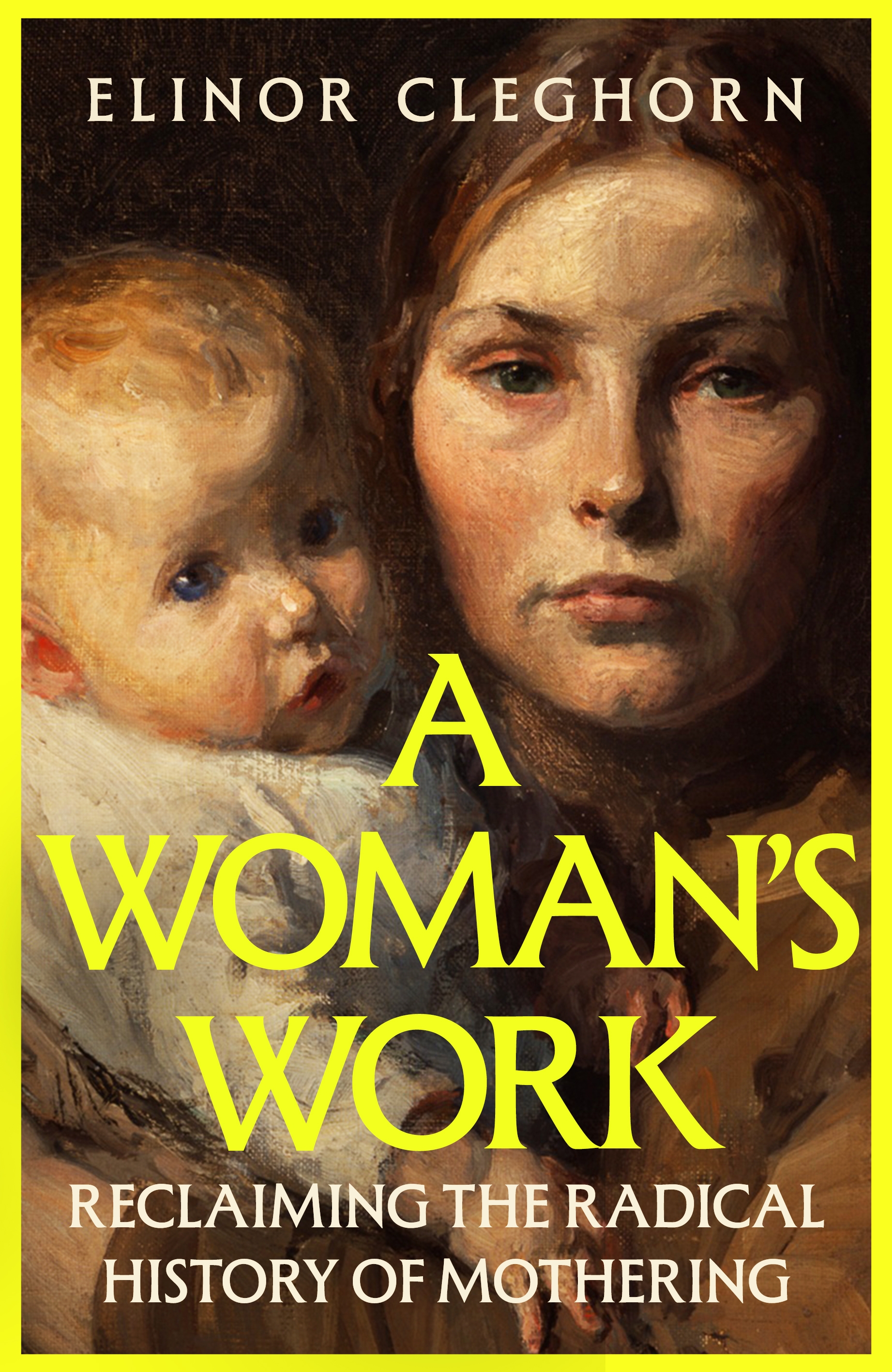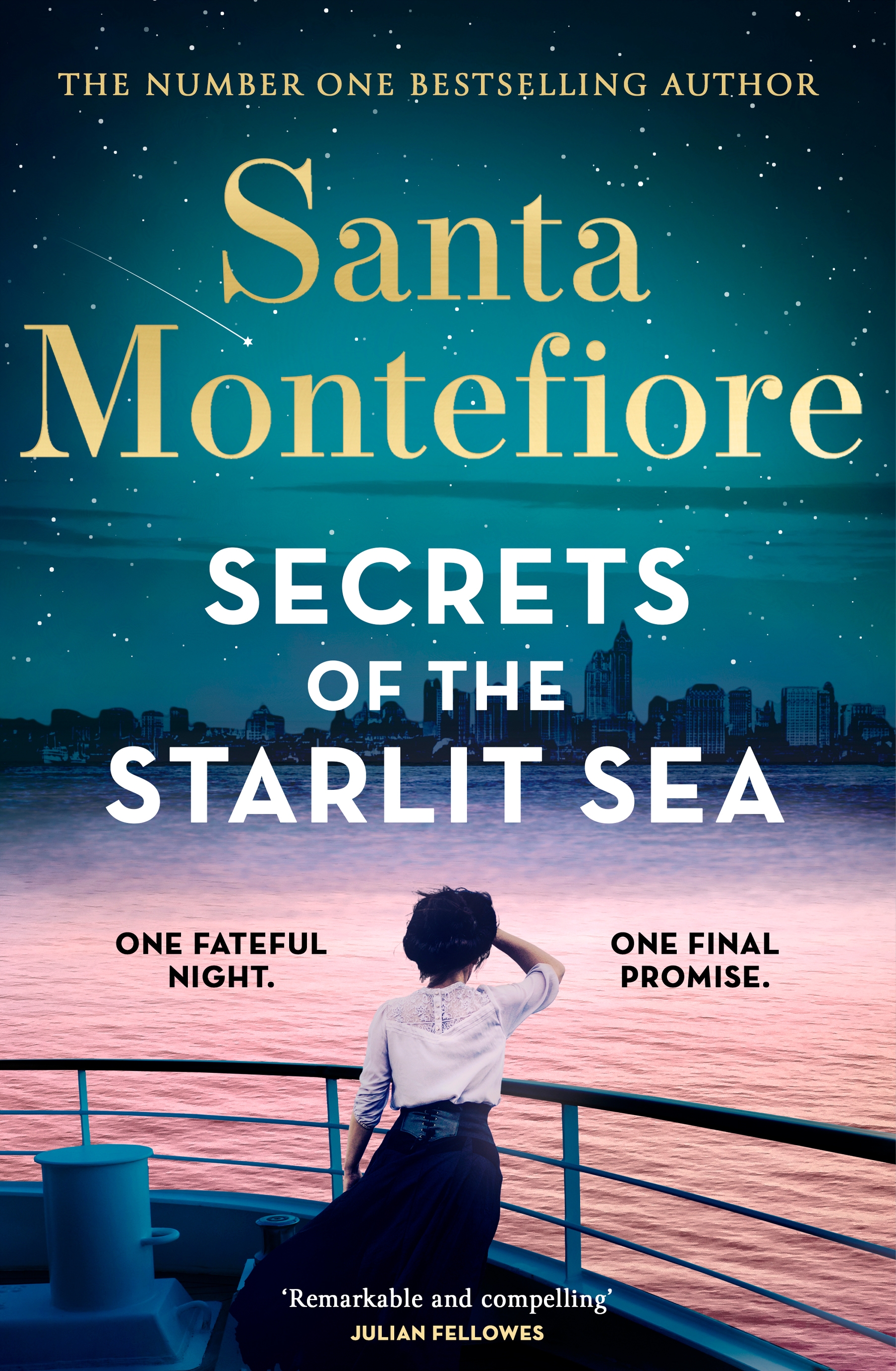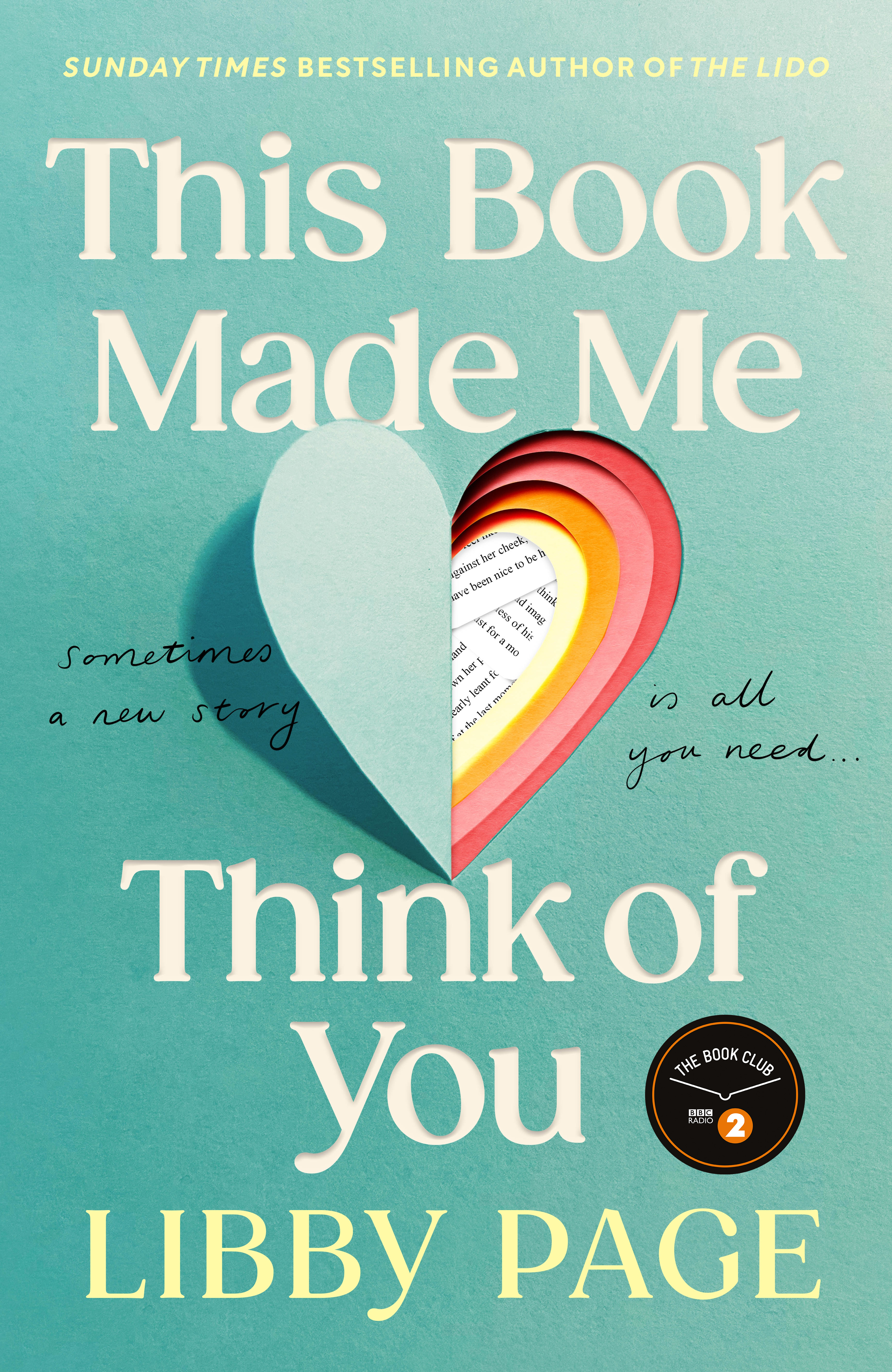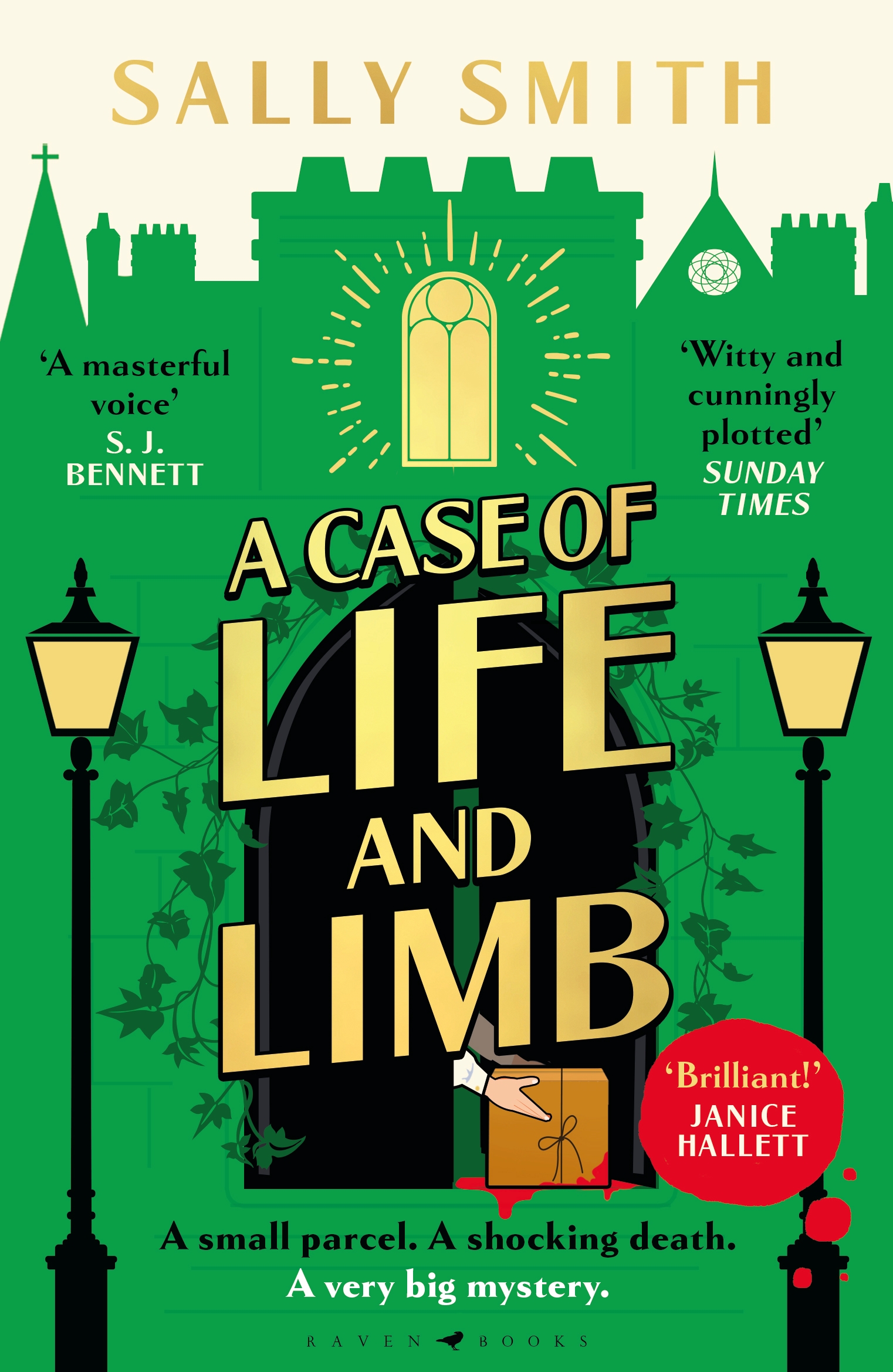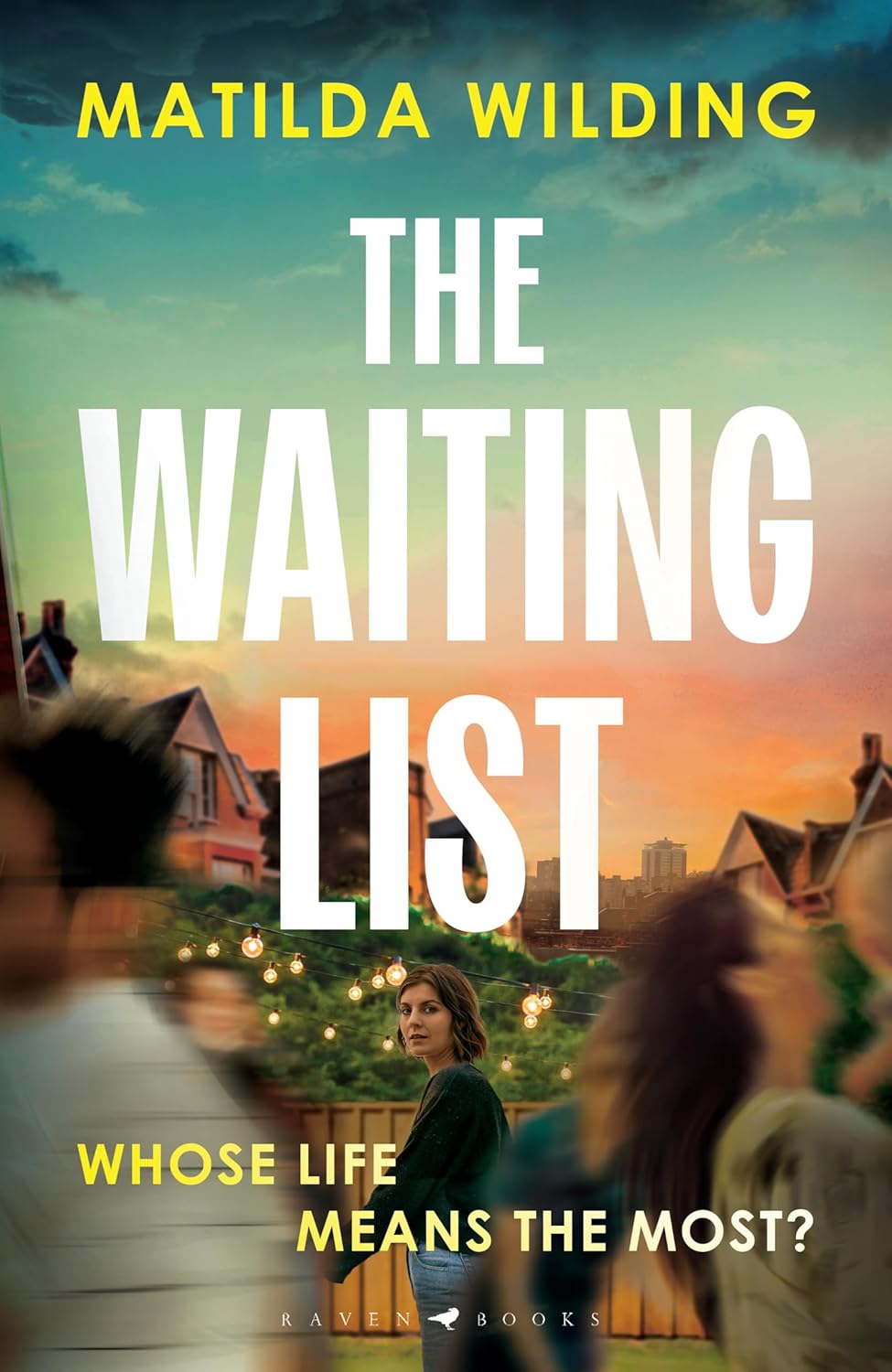The Safekeep
By Yael van der Wouden
avg rating
11 reviews
WINNER OF THE WOMEN’S PRIZE 2025
SHORTLISTED FOR THE BOOKER PRIZE 2024
SHORTLISTED FOR THE DYLAN THOMAS PRIZE 2025
SHORTLISTED FOR THE WALTER SCOTT PRIZE 2025
LONGLISTED FOR THE WINGATE PRIZE 2025
An exhilarating tale of twisted desire, histories and homes, and the unexpected shape of revenge – for readers of Patricia Highsmith, Sarah Waters and Ian McEwan’s Atonement.
It is fifteen years after the Second World War, and Isabel has built herself a solitary life of discipline and strict routine in her late mother’s country home, with not a fork or a word out of place. But all is upended when her brother Louis delivers his graceless new girlfriend, Eva, at Isabel’s doorstep – as a guest, there to stay for the season…
In the sweltering heat of summer, Isabel’s desperate need for control reaches boiling point. What happens between the two women leads to a revelation which threatens to unravel all she has ever known.
‘A thrilling, razor-sharp, perfectly plotted debut novel’ Sunday Times
‘Moving, unnerving and deeply sexy’ Tracy Chevalier, bestselling author of GIRL WITH A PEARL EARRING
‘A brave and thrilling debut about facing up to the truth of history, and to one’s own desires… Van der Wouden brings stunning power and control to her page-turner about trauma and repression’ Justine Jordan, Booker Prize Judge 2024
TweetReviews
Yael Van Der Wouden’s The Safekeep is a breathtakingly atmospheric and psychologically rich novel that lingers long after the final page. Set in the rural Netherlands of 1961, the story follows Isabel, a woman whose meticulously ordered life is disrupted when her brother’s enigmatic girlfriend, Eva, arrives as an unwanted house guest . What begins as a claustrophobic tale of suspicion and obsession evolves into a gripping exploration of desire, trauma, and the haunting legacy of World War II .
Van Der Wouden’s prose is both taut and luminous, weaving sensory details~like the symbolism of a pear or the oppressive summer heat~into a narrative that simmers with tension . The transformation of Isabel and Eva’s relationship from hostility to electric intimacy is portrayed with raw authenticity, making their passionate connection feel both inevitable and revelatory .
Beyond the personal drama, the novel boldly confronts themes of dispossession and moral ambiguity, revealing how the past encroaches on the present in ways that are both intimate and historically significant. The house itself becomes a character—a repository of secrets and memories that challenges notions of ownership and belonging .
The Safekeep is a triumph of storytelling: suspenseful, sensual, and profoundly moving. It’s no surprise this debut earned spots on the Booker Prize longlist and won the Women’s Prize for Fiction ~ it’s a book that demands to be read and remembered.
Set in an interesting time period documenting a niche but equally sad fact of the Second World War, its style of writing is unusual and fast paced making it a quick and feverish read. For older readers.
I did really enjoy this book, its themes of desire, obsession and suspicion mingled wonderfully within the interesting characters in the book. Although I wasn't particularly surprised by how the story developed and ultimately I was able to guess that Eva had a connection to the house that was unknown to Isabel and her brothers, it was still a very good read. For me perhaps just a bit too much of the book focused on the first part of the story and not enough on the second part of it. I felt I wanted a little more of Eva's backstory beyond just the diary entries chapter as well as also more on how Isabel and Eva moved on when they did reunite at the end. However, as I said I enjoyed it and it did still keep me engaged and wanting to keep reading to know if my suspicions about where the book was heading were right or not.
The book is beautifully written with a lot of symbolism throughout. The pear/fruit references, Isabel eating the pear Eva gave her in secret rather than in her presence and giving into the temptations she felt. The rotten fruit in the garden when Isabel is at her mother's friend's house feeling that there is no hope for her relationship with Eva. The descriptions of the weather, the sweltering heat of the summer when Isabel and Eva are in the house together and the coldness of the winter after Isabel and Eva have gone their separate ways, really added to the narrative for me. Likewise the very obvious sensual descriptions of their time together and the pleasure that the seemingly repressed Isabel gets from this really brings the first part of the story to the crescendo we, as readers, anticipate.
Although I guessed Eva had a connection to the house I was not aware that property was taken from Holocaust victims in this way. I can understand how Eva feels about this, even if the deeds to the house had been bought by Isabel's uncle because Eva's family defaulted on their mortgage. As Eva tells Isabel her father could not pay the mortgage because he had died in the camps. I can't even imagine what it must have felt like to know another family were living in your home and using your belongings in their day to day lives.
Overall this was an interesting and thought provoking read. I was invested in all the main characters and wanted to know what happened next to them. Going forward, if the writer wrote other books I would definitely look to read these too.
Set in the aftermath of WWII in the Netherlands, The Safekeep provides the reader with an unusual insight into the events of that time, built around the “ownership” of property (the house) before, during and after the conflict, both from a familial aspect (the older male sibling is to inherit the house at the point that he settles into family life) and societal ownership (houses exchanging hands at a time of strife and extraordinary circumstances).
Built around the principal characters of Isobel and Elza (the “unsuitable” girlfriend of Isobel’s brother Louis, who flits from girl to girl), we watch relationships unfold, unravel and reform in an unexpected way. We see Isobel transformed from an obsessive, closed-off character to a passionate, open and somewhat reckless woman. We gradually learn of Elza’s connection to the family and the odd items misplaced from the house. Entwined in these relationships is Isobel’s other sibling Hendrik and his close male friend Sebastian.
The first indication of the passionate themes that run through the novel (a trigger warning might be needed for some readers half way through the book!) is through the clever imagery of a pear. This and the haas (hare) that runs through the narrative help to connect people, place and time.
Over all I enjoyed The Stepkeep and as a debut novelist with a beautifully eloquent style, the author Yael van der Wouden is one to look out for. I would have like to learn more about Elza’s life - the story seemed to take too long to emerge into what for me was the most interesting aspect that of who owns what, when and how. We see Isabel devoted to her mother’s memory preserved within the house and its contents, shattered by Elza’s devotion to gaining back her family’s property and retaining her own memories could the two live side by side? “For my house will be called a house of devotion fodr all” or should the ending be a true tragedy?
To provide unbiased feedback, I made a point of not looking up any prior reviews or author information before I started reading. As I received a digital copy, I also didn't have the benefit of the back cover to give me an initial idea of the story.
Initially, I found the first chapters to be a bit slow in pace. However, I was immediately drawn into the character development of Isabel and the evocative descriptions of the house and the surrounding countryside. I initially perceived the novel as exploring a feminist perspective, highlighting how women were often left to care for aging parents, potentially sacrificing their own lives, while male siblings, like Louis and Hendrik, were encouraged to pursue their own paths and given financial advantages over Isabel. I anticipated Isabel would have limited agency and might be forced into a marriage with the neighbor's son, especially given their unsettling interactions.
The introduction of Eva in this section created a sense of suspicion regarding her motives. It was difficult to understand why she would want to stay at the family home and how she managed to persuade Louis to allow it in his absence. Louis's character felt somewhat underdeveloped and easily influenced. This part of the book also subtly referenced WWII and the Dutch Jewish community, which seemed to primarily serve as context for Isabel's character.
The second section of the book stood out for its rich descriptions and beautifully written prose. The scene involving the eating of the pear was particularly vivid and visceral; even now, a month later, the imagery and sensation remain with me. While Eva's character still felt somewhat elusive, the evolving personalities of both women were evident. Given the presence of another homosexual relationship in the narrative, I was not anticipating the apparent romantic tension that developed between the two women. Instead, I expected Isa's suppressed anger and frustration to culminate in her causing harm to Eva.
The final section delivered a powerful emotional impact, effectively resolving the mysteries surrounding the house and Eva. Despite having read other Holocaust-related fiction, I was struck by the lack of recourse for Jewish individuals returning from the camps to reclaim their properties and belongings. While I appreciated the depth of character development in the earlier sections, I would have liked to see a similar level of detail in exploring Eva's character and her true feelings regarding Isabel's efforts to secure and maintain the house for both of them.
Overall, I thoroughly enjoyed reading this novel and was surprised to learn it is a debut. The writing is very stylish, and I look forward to reading more from this author in the future.
Thank you for the opportunity to read and review this book. To provide unbiased feedback, I made a point of not looking up any prior reviews or author information before I started reading. As I received a digital copy, I also didn't have the benefit of the back cover to give me an initial idea of the story.
Initially, I found the first chapters to be a bit slow in pace. However, I was immediately drawn into the character development of Isabel and the evocative descriptions of the house and the surrounding countryside. I initially perceived the novel as exploring a feminist perspective, highlighting how women were often left to care for aging parents, potentially sacrificing their own lives, while male siblings, like Louis and Hendrik, were encouraged to pursue their own paths and given financial advantages over Isabel. I anticipated Isabel would have limited agency and might be forced into a marriage with the neighbor's son, especially given their unsettling interactions.
The introduction of Eva in this section created a sense of suspicion regarding her motives. It was difficult to understand why she would want to stay at the family home and how she managed to persuade Louis to allow it in his absence. Louis's character felt somewhat underdeveloped and easily influenced. This part of the book also subtly referenced WWII and the Dutch Jewish community, which seemed to primarily serve as context for Isabel's character.
The second section of the book stood out for its rich descriptions and beautifully written prose. The scene involving the eating of the pear was particularly vivid and visceral; even now, a month later, the imagery and sensation remain with me. While Eva's character still felt somewhat elusive, the evolving personalities of both women were evident. Given the presence of another homosexual relationship in the narrative, I was not anticipating the apparent romantic tension that developed between the two women. Instead, I expected Isa's suppressed anger and frustration to culminate in her causing harm to Eva.
The final section delivered a powerful emotional impact, effectively resolving the mysteries surrounding the house and Eva. Despite having read other Holocaust-related fiction, I was struck by the lack of recourse for Jewish individuals returning from the camps to reclaim their properties and belongings. While I appreciated the depth of character development in the earlier sections, I would have liked to see a similar level of detail in exploring Eva's character and her true feelings regarding Isabel's efforts to secure and maintain the house for both of them.
Overall, I thoroughly enjoyed reading this novel and was surprised to learn it is a debut. The writing is very stylish, and I look forward to reading more from this author in the future.
The Safe Keep is a post WWII story written in 3 parts and set in 1960s Netherlands.
The two main characters, Isabel and Eva are complex, each has been impacted by their individual backgrounds. Isabel by her family dynamics and Eva by the war and its repercussions on her family.
Isabel seeks to protect her memories of home and family after her mother’s death, and Eva wants to achieve reparation for what was taken from hers. The mood is one of repressed feelings and truths denied
In part one of the novel we are introduced to Isabel’s brothers, one of whom introduces his girlfriend Eva. I enjoyed the building dark, slightly menacing feel of Isabel’s behaviour, rigid and suspicious, underlying her fear of living and losing, which kept me intrigued about what was going to happen to Eva.
In part two we see the development of the relationship between the two women, which was not as I had expected, and which kept me intrigued about the outcome, particularly as I had warmed to Isabel. The language was sensual and evocative, the hunger for connection palpable.
In part three we see an apparent satisfactory conclusion to all issues raised in the novel.
I enjoyed the novel overall, I’m undecided about the end, but it raised questions, and reminded readers about a variety of social issues past and present, and the abuse of power across the board, including the abusive nature of Isabel’s brother, Louis, and the attention of her unwanted suitor.
4/5
There are many World-War-II-related books on the market, however, this book still manages to grip my heart by its subtle and humane description on homosexual relationships and the unexpected attempts of taking back their lost homes by some victims from Jewish community more than a decade after the War. The deep “Devotion” to the “house” brings two girls, Isable and Eva, together, first in a hostile and confrontational way, then the unexpected love developed between them and devotions to the same house finally conquer all. The most impressive part of the book lies in the huge amount of space by the author about the internal emotional struggles and progressed self-perception of the two main characters. The author has the rare capability of making everything surrounded Isabel speak loud for her emotions, display her inner conflicts, and finally, manage to get on terms with her past and make courageous steps to live a life as she wishes.
Set in post-war Netherlands, The Safekeep promises a tale of secrets, desire, and buried tensions in a gothic, domestic setting. That premise immediately intrigued me — I tend to gravitate toward character-driven stories with psychological depth, and I appreciate fiction that explores darkness, emotional complexity, and repressed longing. In many ways, Van der Wouden delivers on that — just not always in the ways I expected.
I admire what Van der Wouden is attempting: a moody, elliptical narrative that explores buried emotion, desire, and personal history in the aftermath of war (where no one really wins). The narrative unfolds in a slow but immersive way. The writing is atmospheric and restrained, with a lingering sense of unease. The broken ceramic in the garden and the secret eating of the pear were both inventive ways to subtly set the reader up for the twists later, without giving too much away too early. While I sometimes struggled with the pace — which can somehow feel both sluggish and rushed — I can see how that rhythm mirrors the emotional restraint of the characters. This is not a story that hurries to reveal itself; it asks the reader to sit in ambiguity and observe the subtle shifts between the characters.
Isabel, the narrator, is difficult to pin down. She’s reserved, suspicious, and often emotionally unavailable — which made her hard to connect with at times — yet there’s also a quiet vulnerability that surfaces in unexpected ways. I wasn’t sure whether I was meant to like her, but I did feel her loneliness deeply. Lines like “You must be your own guardian… Don’t be a burden to your brothers” and “what did they know if not speaking for days, of not having known the touch of another…” stayed with me. Van der Wouden captures the ache of isolation with striking clarity. I felt the immense fear she has of what she will do once her brother is no longer tolerating her living at the house.
The relationship between Isabel and Eva is fraught and complex — the attraction is palpable, if at times a little too directly signposted. Still, the emotional undercurrents between them often carry more weight than the dialogue itself. There’s an intimacy that never quite finds expression, and that tension might resonate more with readers who enjoy stories that focus on repression and psychological nuance over clear resolutions.
While the book didn’t land as seamlessly as I expected, it was engaging and thought provoking on how our past shapes our actions and fate
The Safekeep is a promising debut with a compelling premise and a strong stylistic voice.
Told in three parts, the novel layers past and present, gradually building an understanding of the events that shape its characters. Though set in the 1960s, it reads with a distinctly modern tone. For me, this was something of a disadvantage, as I expected to feel the weight and lingering aftermath of WWII, but that sense of historical unease never truly materialised enough for me. I kept waiting for a deeper undercurrent of tension, something darker or more unsettling. As a result, the ending left me detached. A more tragic resolution might have better suited the emotional landscape the book initially suggested.
The two central characters—Isabel and Eva—are intended to anchor the novel’s psychological arc. Isabel is portrayed in enough depth to convey her loneliness, repression, and emotional rigidity. I found her character understandable and compelling.
Eva, on the other hand, is introduced as a disruptive force and the catalyst for Isabel’s emotional unravelling. However, given what we learn about her in the final part of the book, I expected a more manipulative presence. Instead, she seemed to give in too easily, almost betraying her own intentions.
While we’re likely meant to see Eva through Isabel’s distorted perspective—as an object of projection and desire—she is never developed enough beyond that role to feel like a fully formed character. For someone meant to trigger such a profound shift in Isabel, she remains surprisingly vague and forgettable.
The chemistry between them leans more toward physical desire than genuine emotional connection. Readers with more traditional values may find the sexual content provocative. I struggled to understand what the author was trying to communicate there. I found myself comparing it to Call Me by Your Name, which, in contrast, captures desire and sensuality beautifully through its language.
Despite these critiques, The Safekeep remains a solid debut. Yael van der Wouden’s prose is elegant, and her control of tone and atmosphere is evident throughout. While the novel didn’t fully land for me emotionally, its ambition is clear—and for a first novel, that’s no small achievement. It’s a book that suggests greater things to come, and I’ll certainly be watching with interest to see where van der Wouden goes next.
A beautifully written post WW2 novel set in rural Holland. It's in three parts: Part 1 introduces the characters and sets the scene, is well done and quite interesting; Part 2 is about the relationship that develops between two of the characters and becomes a little tedious, over long and, I felt, mostly unnecessary; Part 3 is a punch in the gut and is what makes it a great book.





